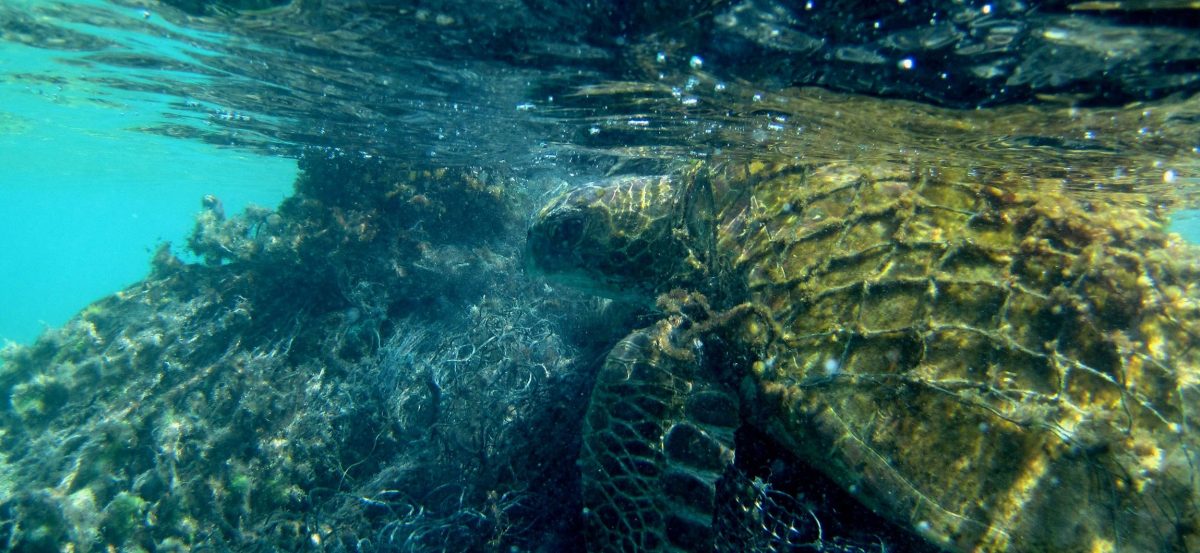Gain insight into the marine science disciplines available for graduate students. Learn first-hand what graduate advisors are seeking in the applicants to their labs.
If you are considering graduate school in the marine sciences, then you should be exploring the following questions:
- What research do I want to do in graduate school?
- Which research labs and advisors could be a good match for me?
Why are these questions important? Before you can apply and get into most programs, you first need to find a professor who shares your interests and is willing to accept you into the research lab.
Typically, graduate advisors seek students with a clear understanding of the type of work they want to pursue and the expectations of the marine research lab for which they are applying.
And of course, you want to make sure you will truly enjoy (and benefit from) your years of graduate research work.
But prospective students face a vast array of marine science research topics, labs, and graduate programs (over 150 programs in just the U.S). Simply put, the search process can be daunting.
Learning About Marine Research Labs and Graduate Advisors
In this article, we navigate the world of marine science research to help you explore your interests and learn more about graduate school labs and advisors.
We present 12 labs across a diverse range of marine science research topics to help you answer the following questions:
- What types of research are marine science labs conducting?
- What work can I expect to do as a marine science graduate student?
- What do graduate advisors look for in their applicants?
Hopefully, this will expand your understanding of the possibilities for graduate experiences in the marine sciences. And maybe you will even find that one of these labs is a great match for you!
[cjbn_cta]
1. The Kudela Lab
UNIVERSITY OF CALIFORNIA SANTA CRUZ | Santa Cruz, CA
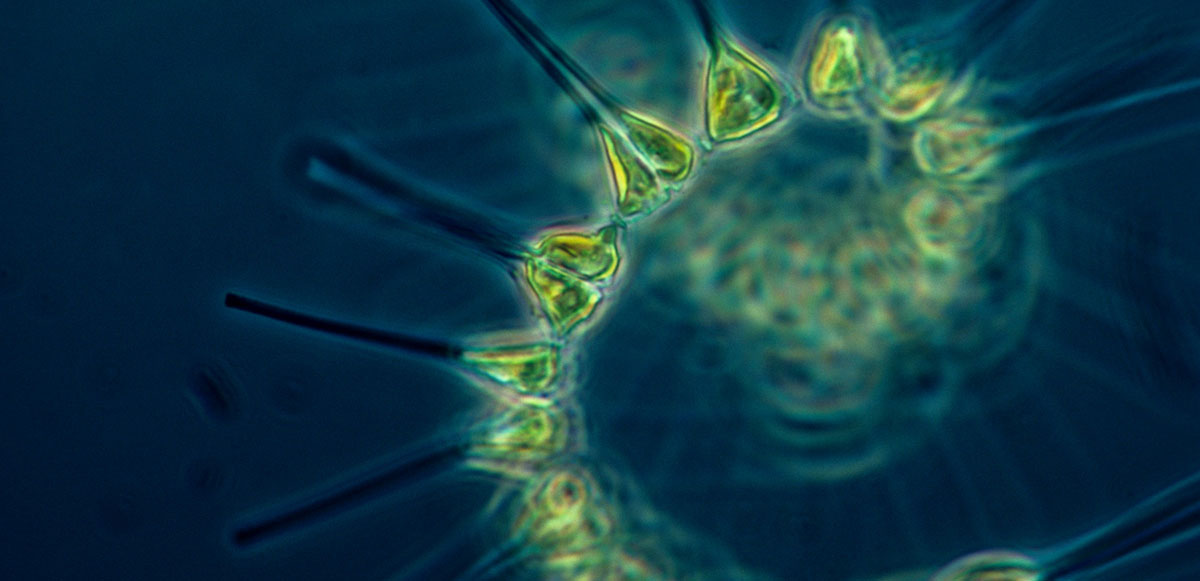
Who: Dr. Raphael Kudela
Research Area: Phytoplankton Ecology & Remote Sensing
Related Programs: Ocean Sciences MS | Ocean Sciences PhD
Lab Description:
Dr. Kudela’s lab employs satellite data, remote sensing imagery, and in situ data to study and model phytoplankton dynamics in the Eastern Pacific Ocean.
Currently, he and his students are expanding on the use of the Imaging FlowCytobot (IFCB). The IFCB is an automated underwater submersible that collects images of phytoplankton and other particles in the water column. This instrument is useful for studying coastal ecology and harmful algal blooms.
The Kudela Lab is also using drones and satellite data to map Northern California kelp forests.
What do advisors look for in prospective graduate students?
“First, can they articulate why they want an MS or PhD? This is particularly useful for PhD, to make sure they’ve thought about their career path and what they hope to accomplish with a degree.
Second, research experience is always helpful…doesn’t have to be in something directly related to my lab, but it helps to know that they understand what research is about.
Third, a strong STEM background. Again, I don’t disqualify students that are missing something (like statistics), but for oceanography you need a good background if you are going to finish the degree in a reasonable amount of time.”
Lastly, when we get to the point of meeting the prospective student, I always encourage them to meet my other students and the faculty to make sure it’s a good fit in terms of personalities, school size, areas of research, etc.”
[background_block]
 This marine research lab could be a good fit if:
This marine research lab could be a good fit if:
- You are interested in phytoplankton ecology.
- You want to enhance your skills in processing satellite data.
[/background_block]
2. Cnidarian Immunity Laboratory
UNIVERSITY OF MIAMI | Miami, FL
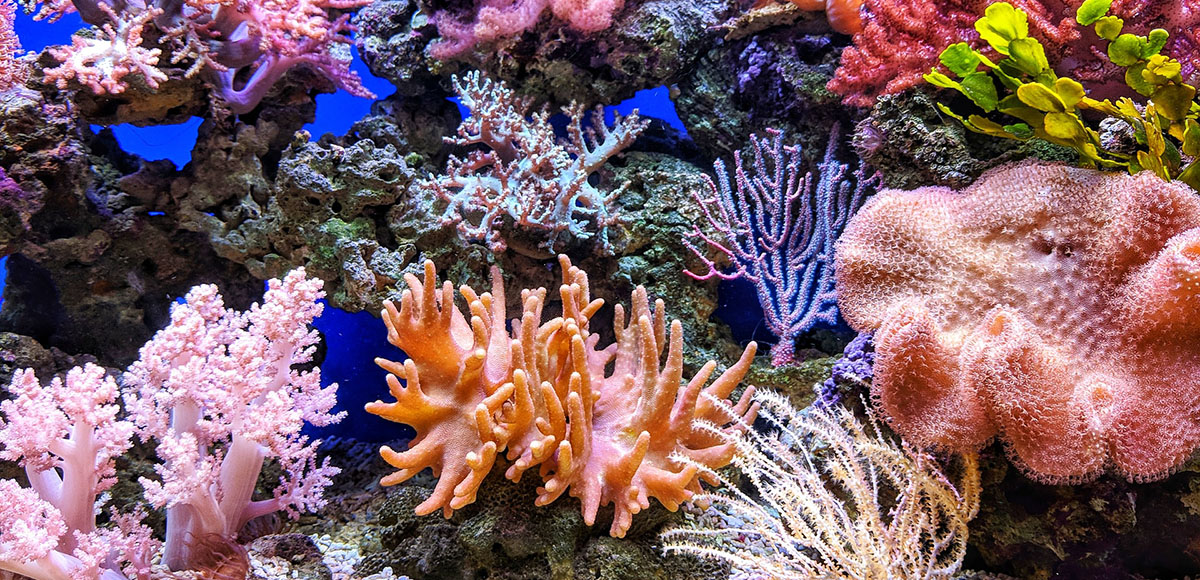
Who: Dr. Nikki Traylor-Knowles
Research Area: Coral/Cnidarian Immunity & Conservation
Related Programs: Marine Biology & Ecology MS | Marine Biology & Ecology PhD
Lab Description:
Dr. Traylor-Knowles’s lab currently focuses on six areas of cnidarian research:
- Stem cells in corals and sea anemones: The goal of this research is to understand the underlying mechanisms of stress tolerance in corals by transferring stem cells from resilient corals to vulnerable corals.
- Cellular immunity of corals and sea anemones: The goal of this research is to understand the underlying cellular functions that occur during heat stress-induced coral bleaching.
- Ctenophore immunity: This research area studies the evolution of immunity in Mnemiopsis leidyi, a species of comb jelly (a.k.a sea walnut).
- Coral disease and immunity
- Environmental interactions and coral immunity
- Coral holobiont immunity
What do advisors look for in prospective graduate students?
“I look for students that are driven and excited to work independently. They are organized and can take direction. They are excited at taking risks and using innovative techniques to answer impactful questions about coral immunity.”
[background_block]
 This marine research lab could be a good fit if:
This marine research lab could be a good fit if:
- You are interested in coral conservation.
- You would like to spend most of your time in a laboratory.
- You want to contribute to new advancements in coral research.
[/background_block]
3. Aaron B. Carlisle
UNIVERSITY OF DELAWARE | Lewes, DE
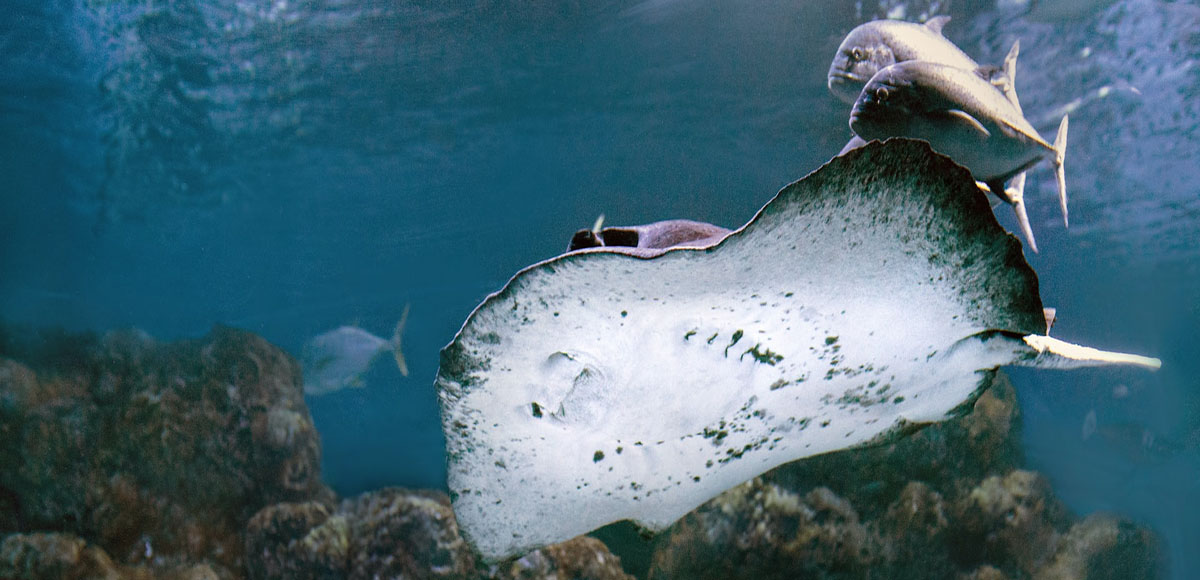
Who: Dr. Aaron Carlisle
Research Area: Ecology of Marine & Estuarine Organisms
Related Programs: Marine Studies MS
Lab Description:
Dr. Carlisle’s lab studies the behavior, geographical distributions, life history, and ecology of fishes and elasmobranchs (sharks, skates, and rays).
He and his students observe the interactions between the environment, ecology, and physiology to better understand these organisms’ roles in the ecosystem. The exciting part of this work is the application of this research to conservation efforts.
His research combines a healthy mix of lab-based, field-based, and computational strategies, i.e. stable isotope analysis, satellite or acoustic tagging, and habitat/biophysical modeling.
What do advisors look for in prospective graduate students?
“In general, I look for students that have enthusiasm, curiosity, and experience. Strong analytical, computational (i.e. computer programming), and writing skills are definitely a strong plus, but experience, whether from having a Master’s degree (if pursuing a PhD), undergraduate research experience, volunteer/work experience in science/research, etc. is probably one of the most important things I look for in a graduate student.”
[background_block]
 This marine research lab could be a good fit if:
This marine research lab could be a good fit if:
- You are interested in multidisciplinary research.
- You are interested in marine conservation.
- You want to do fieldwork with sharks and rays.
- You want to enhance your technical skills.
[/background_block]
4. Cetacean Conservation & Genomics Laboratory
OREGON STATE UNIVERSITY HATFIELD MARINE SCIENCE CENTER | Newport, OR
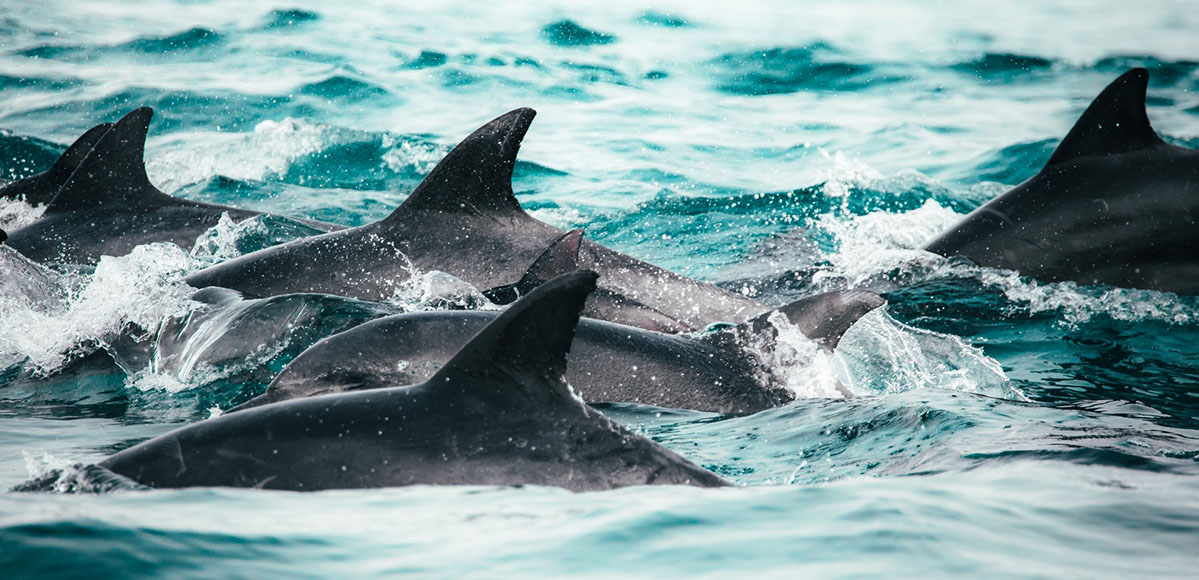
Who: Dr. Scott Baker
Research Area: Marine Mammals
Related Programs: Wildlife Science MS | Wildlife PhD
Lab Description:
Dr. Scott Baker’s lab researches whales, dolphins, and porpoises to support marine mammal conservation efforts. Primarily, his lab studies the changes in great whale populations through time and in response to human activities.
His lab’s current focus is on the endangered New Zealand Maui dolphin and beaked whales.
In a collaborative study from 2004 to 2006, his team collected data on humpback whales in the North Pacific to understand changes in their population. In a project known as gene SPLASH, his team conducted genetic analyses of skin biopsy samples to better understand these population structures.
Students in the Cetacean Conservation and Genomics Laboratory can also become involved in marine policy. The lab is affiliated with the Scientific Committee of the International Whaling Commission and the Cetacean Specialist Group of the International Union for the Conservation of Nature.
What do advisors look for in prospective graduate students?
“I look for good academic performance and driving curiosity, hopefully with a congenial temperament.”
[background_block]
 This marine research lab could be a good fit if:
This marine research lab could be a good fit if:
- You are interested in marine mammals.
- You are interested in conservation and marine policy.
[/background_block]
5. Hunt Lab
DUKE UNIVERSITY | Durham, NC
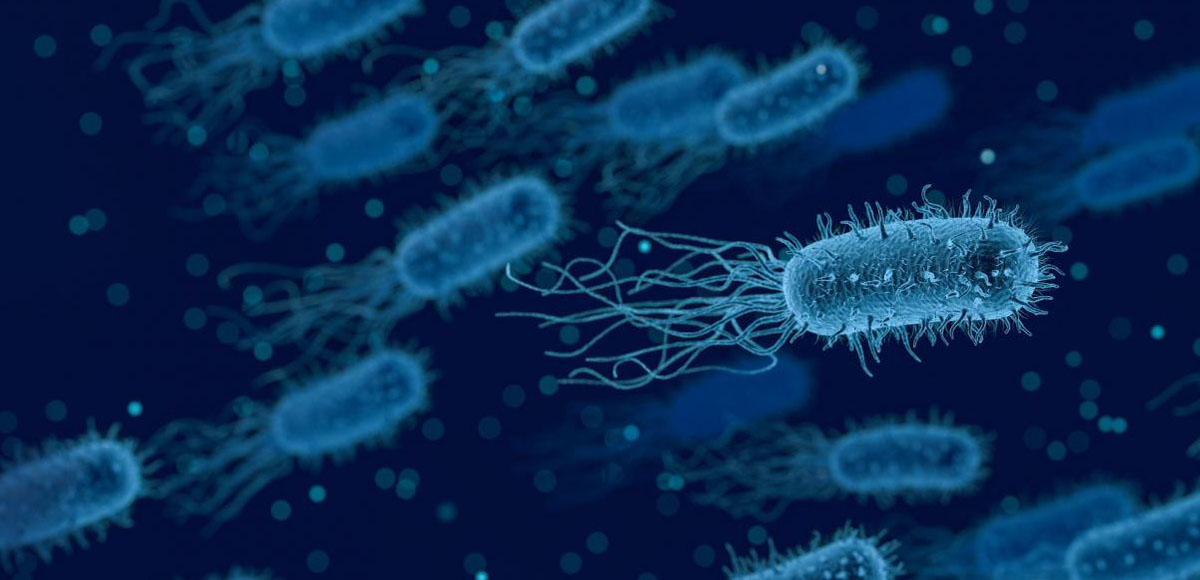
Who: Dr. Dana Hunt
Research Area: Marine Microbial Ecology
Related Programs: Marine Science & Conservation PhD
Lab Description:
The Hunt Lab aims to understand the factors that influence bacterial diversity and dynamics in marine ecosystems. Dr. Hunt and her students also study bacterial responses to pollutants.
There are currently three main areas of research conducted in the Hunt Lab:
- Marine bacterioplankton diversity and dynamics
- Interactions between marine bacterioplankton and marine microenvironments
- Responses of microbes to pollutants
Dr. Hunt and her students also study how marine bacterioplankton respond to larger environmental changes, like ocean acidification.
The effects of ocean acidification are better understood with the help of a collaborative local time series, known as the Pivers Island Coastal Observatory, that is continually expanded upon by new students.
What do advisors look for in prospective graduate students?
“The ideal student has some research experience in the area I study (microbial ecology) so they know what research is like. While specific skills (especially being comfortable with programming) is valuable, something more difficult to teach is resilience, which is critical to overcoming the challenges of research where things rarely turn out as planned!”
[background_block]
 This marine research lab could be a good fit if:
This marine research lab could be a good fit if:
- You are interested in microbes.
- You are interested in large-scale environmental changes.
- You are interested in marine pollutants.
[/background_block]
6. Dr. Marta Gomez-Chiarri
UNIVERSITY OF RHODE ISLAND | Kingston, RI
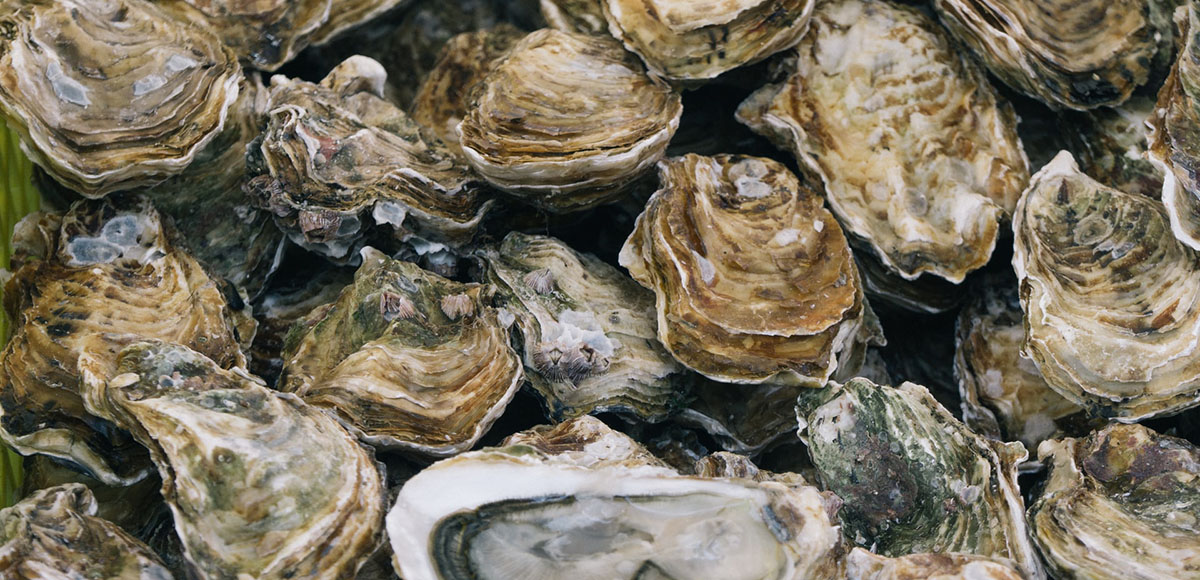
Who: Dr. Marta Gomez-Chiarri
Research Area: Aquaculture & Infectious Diseases
Related Programs: Biological & Environmental Sciences MS, PhD
Lab Description:
Dr. Gomez-Chiarri’s lab studies infectious diseases of shellfish and finfish in marine ecosystems and aquaculture facilities. The research lab’s primary goal is to both prevent and manage these diseases.
Dr. Gomez-Chiarri and her students use molecular tools to develop new methods of disease prevention. They analyze disease distribution patterns, disease resistance, and host-pathogen relationships.
Currently, her lab is using two methods of research to manage infectious disease in oysters:
- Utilizing probiotics for disease management in oyster hatcheries
- Studying how genetics/genomics can help breed oysters with stronger disease resistance
What do advisors look for in prospective graduate students?
“I look for interest and passion for the subject of diseases of aquatic organisms (from the basic science to the applied aspects), fit of the research interests of the students with currently funded research projects, or with projects I would be interested in working and we would be able to secure funding for, and a solid background (skills and knowledge) that would allow the students to succeed in graduate school.
I also consider how those students would fit into the existing team in the lab (the incoming students are also interviewed by students currently in the lab).”
[background_block]
 This marine research lab could be a good fit if:
This marine research lab could be a good fit if:
- You are interested in safe and sustainable aquaculture practices.
- You are interested in infectious disease.
- You are interested in molecular analysis.
[/background_block]
7. Amon Laboratory
TEXAS A&M COLLEGE STATION | Galveston, TX
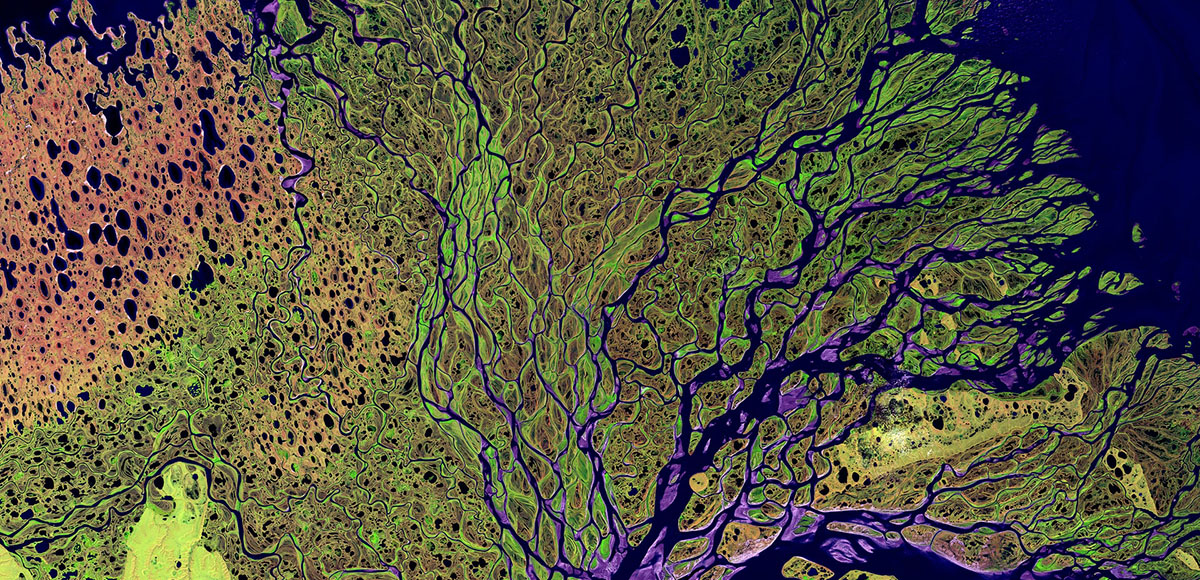
Who: Dr. Rainer M.W. Amon & Dr. Karl Kaiser
Research Area: Biogeochemistry & Arctic Oceanography
Related Programs: Oceanography MS, PhD
Lab Description:
The Amon Laboratory aims to understand how climate change influences the global carbon cycle (extending from the Siberian watersheds to the Arctic Ocean and the Gulf of Mexico).
The lab’s overarching focus is understanding how rapid climate changes in higher latitude regions are influencing lower latitudes.
The lab collaborates with several international institutions to study dissolved organic matter in the Arctic Ocean. Through an NSF-funded project, Dr. Amon and his students study how dissolved organic matter plays a role in the carbon cycle, the transport of trace elements, and in indicating changes in the environment.
What do advisors look for in prospective graduate students?
“Because I have international research projects it helps if the students have experience in foreign countries and are not afraid to travel and work under very basic conditions in the field.
Increasingly, I am looking for numerical skills that allow students to work with big data sets – knowledge of MatLab or even better, Python would be a real asset – this is one reason my students go through oceanography, where courses are offered to learn the skills needed for a successful Ph.D. in my lab.”
[background_block]
 This marine research lab could be a good fit if:
This marine research lab could be a good fit if:
- You are interested in the mechanisms of climate change.
- You want to pursue a program with frequent travel opportunities.
- You are interested in enhancing your technical skills.
[/background_block]
8. Pitt Wolfe Group
STONY BROOK UNIVERSITY | Stony Brook, NY
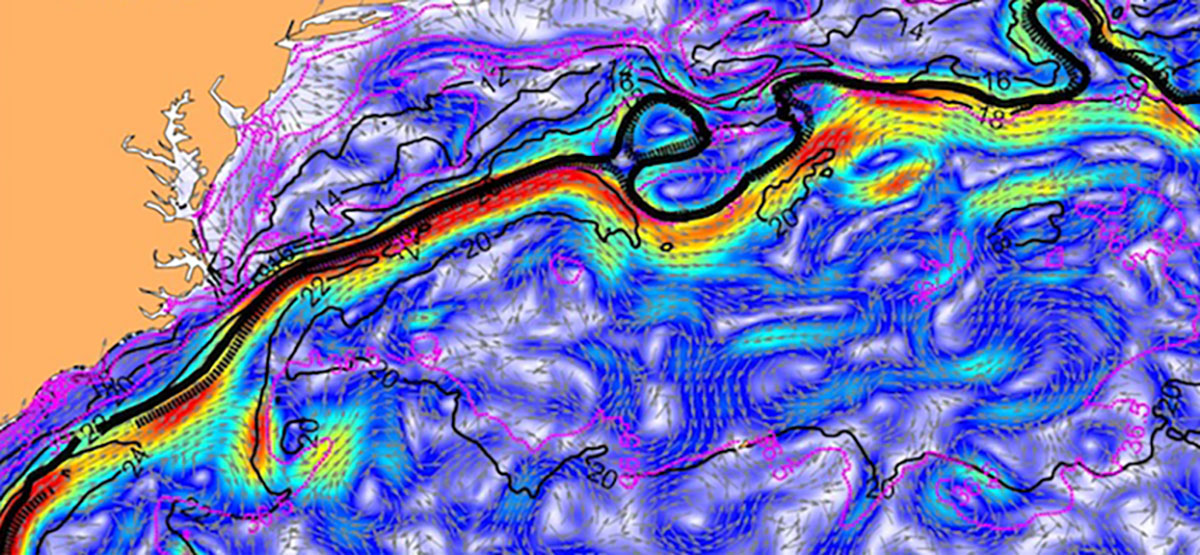
Who: Dr. Christopher L. Pitt Wolfe
Research Area: Physical Oceanography
Related Programs: Marine & Atmospheric Sciences MS, PhD
Lab Description:
The Pitt Wolfe group studies the impacts of ocean circulation on multiple factors:
- Climate
- Large-scale ocean circulation
- Interactions between large-scale circulation and eddies and/or boundary currents
- Geophysical flows
Currently, his lab is studying the roles tropical cyclones play in global thermodynamical cycles.
What does this mean, exactly?
Tropical cyclones can include hurricanes and typhoons. In collaboration with another laboratory at Stony Brook University, the Pitt Wolfe group is trying to figure out how climate impacts tropical cyclones and how these cyclones impact the redistribution of heat in the atmosphere and oceans. The lab is developing unique climate models to study these interactions. These models include scenarios such as:
- an entire planet covered by ocean
- a continent stretching pole-to-pole
Students in his lab benefit from a research track heavy in modeling and statistical analysis.
What do advisors look for in prospective graduate students?
“I do fairly technical work in theoretical physical oceanography, so I usually look for students with a solid foundation of mathematics and physics. Some programming experience is also very helpful. Beyond adequate preparation, the most important personality factor I look for is a certain hunger to figure out how things work—I want someone who looks at a physical phenomenon and can’t help asking Why does it do that?”
[background_block]
 This marine research lab could be a good fit if:
This marine research lab could be a good fit if:
- You are interested in marine physics.
- You are interested in enhancing your technical skills.
[/background_block]
9. Brooke Laboratory
FLORIDA STATE UNIVERSITY | St. Theresa, FL
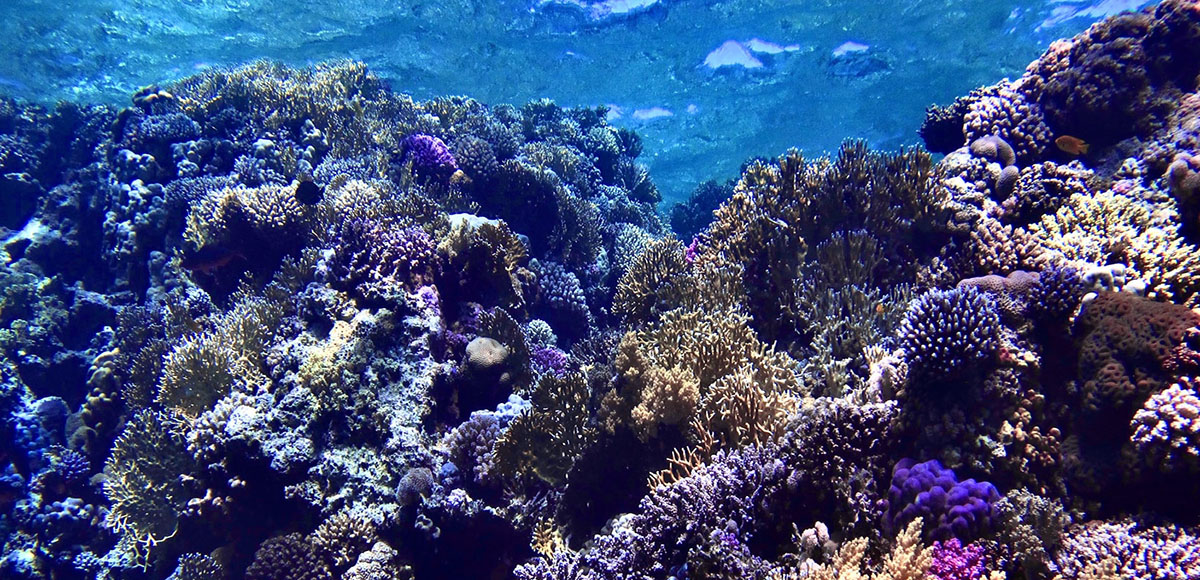
Who: Dr. Sandra D. Brooke
Research Area: Shallow to Deep-Sea Invertebrate Ecology
Related Programs: Biology MS | Biology PhD
Lab Description:
Dr. Brooke’s lab studies benthic marine organisms (i.e. corals, echinoderms, and mollusks) in chemosynthetic habitats. Her research also extends to estuaries and shallow reef ecosystems.
While her research is expansive, her lab primarily studies deep-sea corals’ reproductive biology, geographic distribution, and physiology.
She and her students also study the reproductive strategies and biology of resident fauna of hydrothermal vents and cold seeps. Through this research, they aim to better understand complex relationships between different marine populations.
While much of her lab’s research has focused on deep-sea ecosystems, future students can expect to conduct research in collaboration with the Apalachicola Bay System Initiative. Her lab is venturing into the use of 3-D structural modeling and machine learning tools to study the complexities of marine habitats.
What do advisors look for in prospective graduate students?
“Good academic record, indication of independent thought and critical thinking skills, indications that the student is engaged in activities outside of academia, some previous research experience, especially for PhD students, and the desire or ability to Scuba dive is a bonus.”
[background_block]
 This marine research lab could be a good fit if:
This marine research lab could be a good fit if:
- You are interested in the connections between deep-sea and shallow marine ecosystems.
- You are interested in corals.
- You are interested in enhancing your technical skills.
[/background_block]
10. Tjeerdema Aquatic Toxicology & Environmental Chemistry Lab
UNIVERSITY OF CALIFORNIA DAVIS | Davis, CA
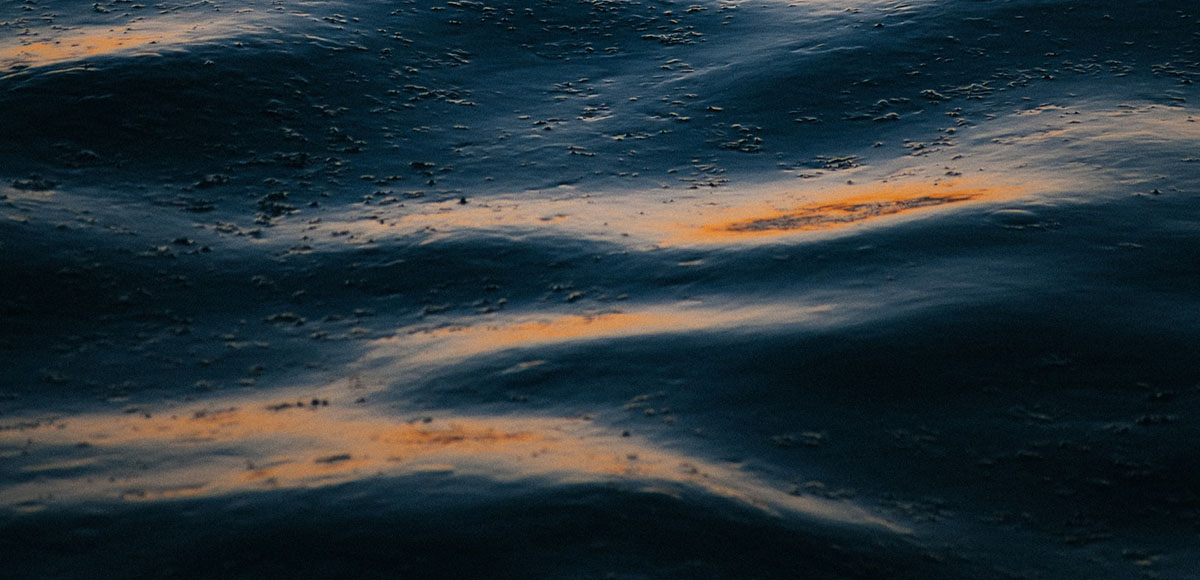
Who: Dr. Ron Tjeerdema
Research Area: Marine/Environmental Toxicology
Related Programs: Department of Environmental Toxicology
Lab Description:
Dr. Ron Tjeerdema’s lab studies the interactions of environmental toxins (i.e. pesticides or oil dispersants) with marine and freshwater ecosystems.
One goal of his lab is to protect marine ecosystems from harmful contaminants by creating a novel identification method for pesticide sediment quality.
His lab also studies the comparison of chemically-dispersed versus physically-dispersed oil and their impacts on fishes. He and his students are analyzing the metabolic responses and cells of these fishes to determine how toxins interact with them. This study will aid in future initiatives toward responsible use of chemical dispersants in the environment.
[background_block]
 This marine research lab could be a good fit if:
This marine research lab could be a good fit if:
- You are interested in environmental/marine toxicology.
- You are interested in oil spills.
- You are interested in both marine and freshwater systems.
- You are interested in cellular biology.
[/background_block]
11. Ocean Optics Lab, Scripps Institution of Oceanography
UNIVERSITY OF CALIFORNIA SAN DIEGO | San Diego, CA
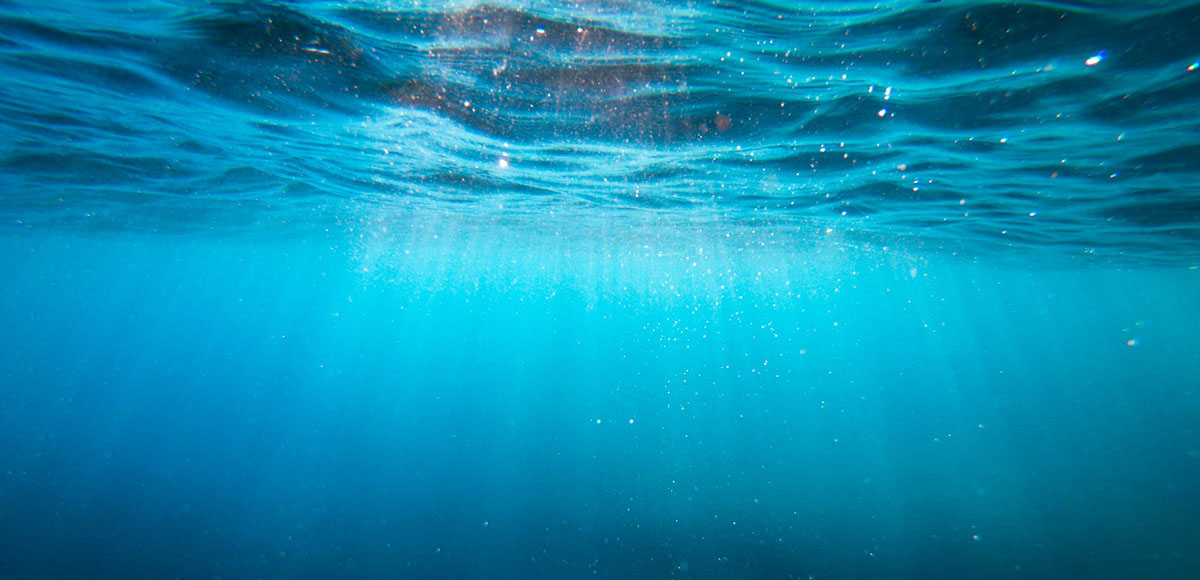
Who: Dr. Dariusz Stramski
Research Area: Ocean Optics
Related Programs: Climate – Ocean – Atmosphere PhD
Lab Description:
Dr. Stramski’s lab studies the interactions between light and the properties of seawater. His lab also aims to advance research in climate change, coastal habitats, and ocean biogeochemistry by contributing to satellite remote sensing.
His team is developing a spectral radiometer to collect data in marine environments with low light availability. Through a NASA-funded project, they are also enhancing satellite-acquired climate data. Dr. Stramski’s lab supports NASA’s MODIS-Terra, MODIS-Aqua, and PACE missions.
His lab also studies:
- Scattering and absorption of light by marine particles
- Modeling of optical properties
- The passing of light across air and sea
Students in his lab can expect a multi-disciplinary approach to their research, encompassing lab and fieldwork, theoretical modeling, satellite remote sensing, and development of oceanographic instruments.
Most recently, Dr. Stramski’s team has focused their optically-based research efforts in the Arctic seas.
What do advisors look for in prospective graduate students?
“Typically, research in my lab requires background in physics and mathematics; however, because research in ocean optics and applications of optics in oceanography is interdisciplinary, suitable background may also include engineering or environmental sciences.
Interest and motivation to conduct research at frontiers of ocean optics, optical and bio-optical oceanography, and applications of optical measurements and technologies in the study of the ocean, including optical observations of the ocean from satellites.
Skillset, motivation, and passion to conduct experimental work in the lab and/or at sea, oceanographic data analysis, and/or theoretical work including modeling.
The scope of research activities in my lab is broad, so students have the opportunity to be involved in experimental or modeling-oriented projects, or both types of activities.”
[background_block]
 This marine research lab could be a good fit if:
This marine research lab could be a good fit if:
- You are interested in a multi-disciplinary research experience.
- You are interested in ocean optics.
- You are interested in enhancing your technical skills.
- You are interested in remote sensing.
[/background_block]
12. Dr. William Wilcock
UNIVERSITY OF WASHINGTON | Seattle, WA
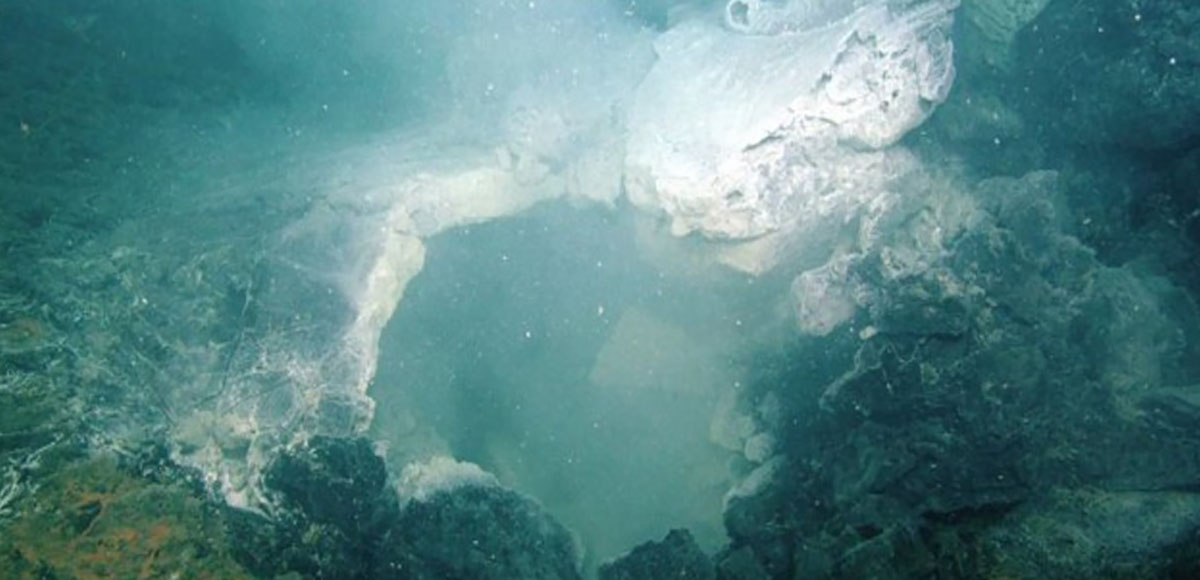
Who: Dr. William Wilcock
Research Area: Marine Geology/Geophysics
Related Programs: Oceanography PhD
Lab Description:
Dr. Wilcock’s lab is unique for its diversity of research topics, including:
- Earthquakes at oceanic spreading centers
- Submarine volcano tomography
- Subduction zone geodesy
- Hydrothermal modeling
- Whale seismology
- Fish tracking
The lab recently received funding for a collaborative research study of the Axial Volcano in the northeast Pacific Ocean. He and his students will be deploying autonomous seafloor seismometers to record earthquakes and tremors resulting from the next eruption of the volcano, predicted to take place around 2023.
Students in Dr. Wilcock’s lab invest much of their time analyzing data from a computer, which they acquire through oceanographic instruments aboard research cruises.
What do advisors look for in prospective graduate students?
“I think the most important characteristic of prospective students is that they are highly motivated because a PhD requires a sustained effort. As a geophysicist, the students in my lab need a strong quantitative background. Since a PhD program is all about research, I primarily recruit students who have had prior research experience either as an undergraduate or in an MS program although I recognize that some applicants may not have had those opportunities.”
[background_block]
 This marine research lab could be a good fit if:
This marine research lab could be a good fit if:
- You are interested in marine geology or geophysics.
- You are interested in enhancing your technical skills.
- You are interested in research cruises.
[/background_block]
Interested in learning more about marine science graduate programs?
Graduate-level work is an investment in your future as a marine scientist. There are many variables to consider when choosing the right path – taking into account the team, the technical demands, and the focus of the research. Marine science can be a rewarding field when you are passionate about the work you are doing. This is why it’s important to choose the best marine science graduate program for you.
CJB Network’s marine biology listings provide a break-down of PhD and Master’s programs across the United States. Each program listing links to a corresponding faculty page where you can explore labs and learn more about their research.
[newsletter-signup]
